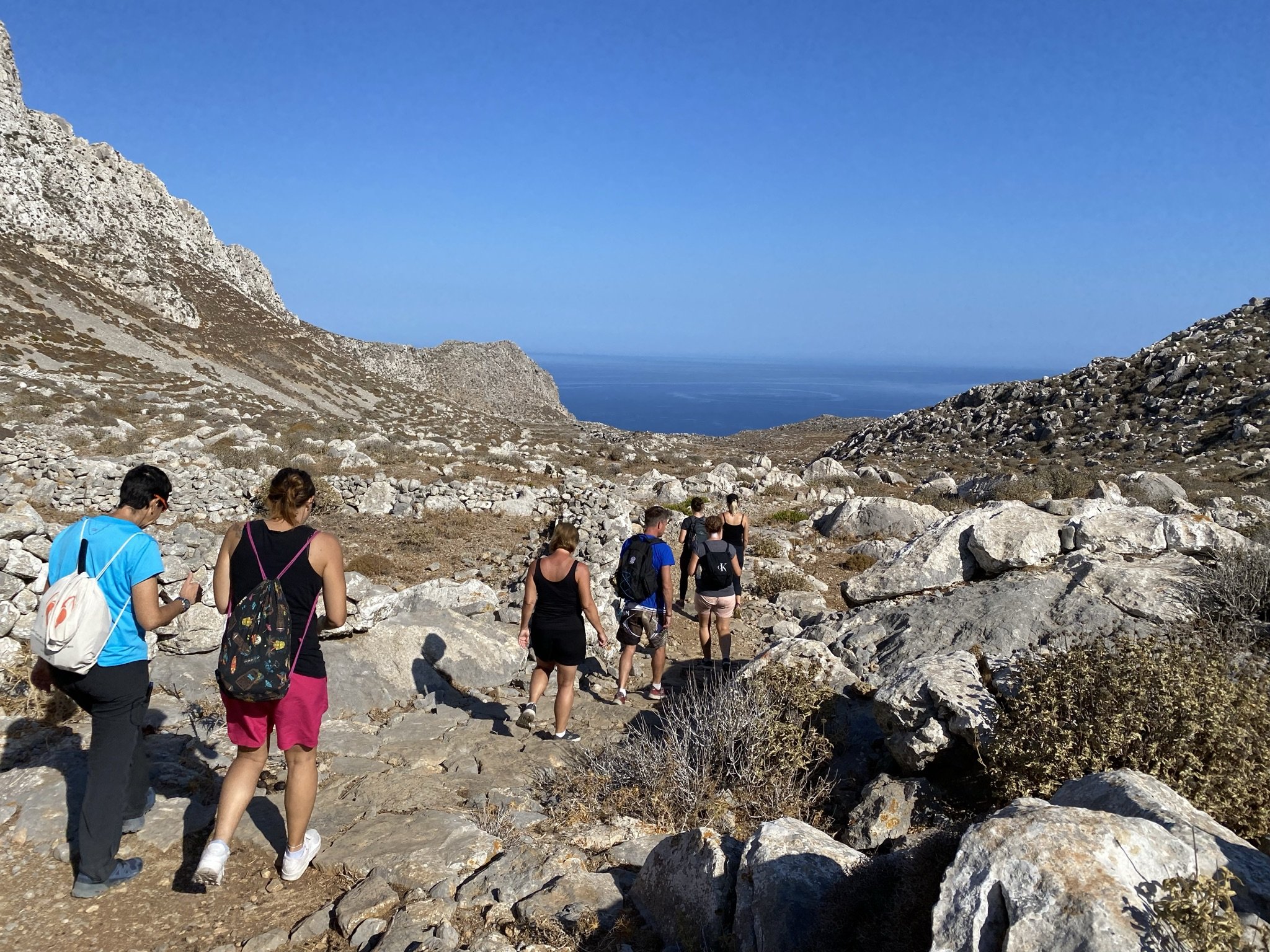Do tourism and conservation departments work together in your region? Do they share common goals and objectives? Are their policies and strategies aligned? We want to show you how governance can be improved for a thriving Mediterranean ecotourism strategy!
Striking a balance between the interests of the tourism and the conservation sectors is no easy task, since they oftentimes have different objectives. However, we have the key to make it not only possible, but a success: collaboration.
Building on the policy and governance conditions of the MEET Model, the DestiMED Plus project has addressed this issue with the purpose of ensuring that the creation of ecotourism experiences in the Mediterranean region takes into account both realities. To that end, three levels of collaboration have been implemented.
Firstly, Local Ecotourism Clusters were established to ensure that the ecotourism itineraries being developed in each destination do incorporate public-private collaboration and joint coordination, planning and promotion.
“The LEC has successfully created an ecotourism product in a protected area. This is the first time in Corsica that such a product has been created collectively. As part of this LEC a lot of stakeholders are involved, including civil society, the private sector, an environmental organisation and public authorities. Thanks to DestiMED Plus, we built a strong participative scheme and we established a constructive dialogue.”
Tourists hiking in Karpathos Island (Greece) © Mercè Mariano Geira
Creating Regional Ecotourism Coordination Tables was the second step. This allowed for a space where regional conservation and tourism departments could gather and discuss.
Finally, an extra layer was added to the mix: the Mediterranean Ecotourism Consortium, a body made of regional and national authorities to advocate for integrated ecotourism policies in the Mediterranean region.
“Thanks to the work between the public and private sectors and the work with new methodologies in cooperation, we have been more efficient, agile and, above all, resolved in decision making and action planning.”
Now is your turn. If you are a policymaker wishing to take action towards the development of a more sustainable and integrated tourism strategy in the Mediterranean, there are several steps you can take:
Sign the Memorandum of Understanding of the Mediterranean Ecotourism Consortium to ensure the continuity of its activities and its Policy Roadmap
Become a signatory of the Glasgow Declaration
Participate in the tourism transition pathway by committing to its implementation
If you want to take note from actual practical examples where collaboration has been successful, read about the four case studies that we have analysed here.


